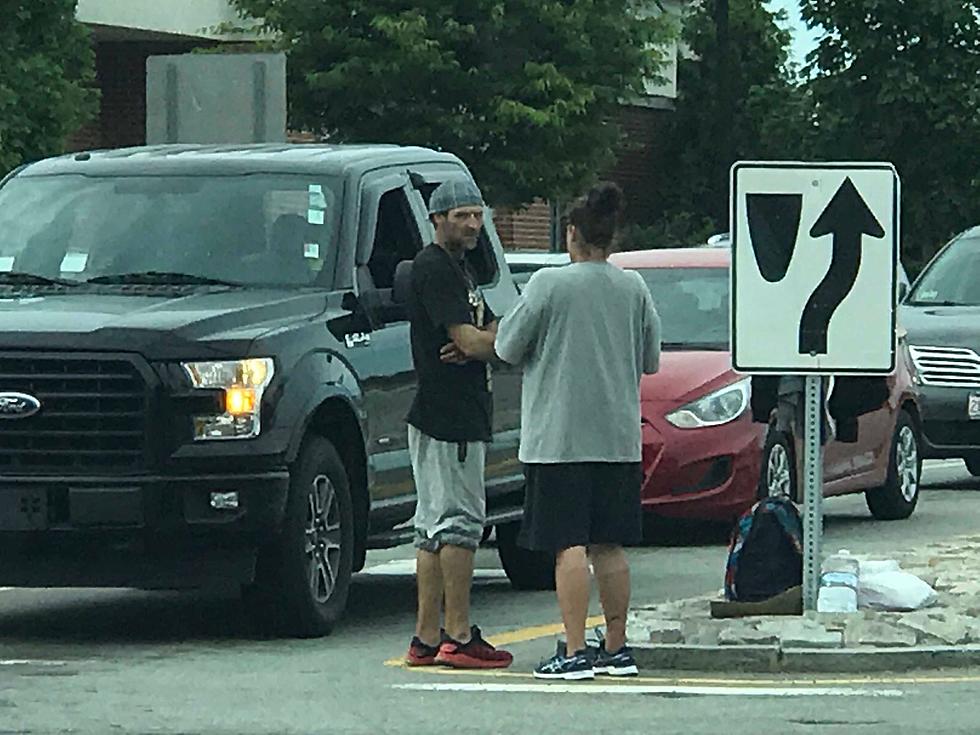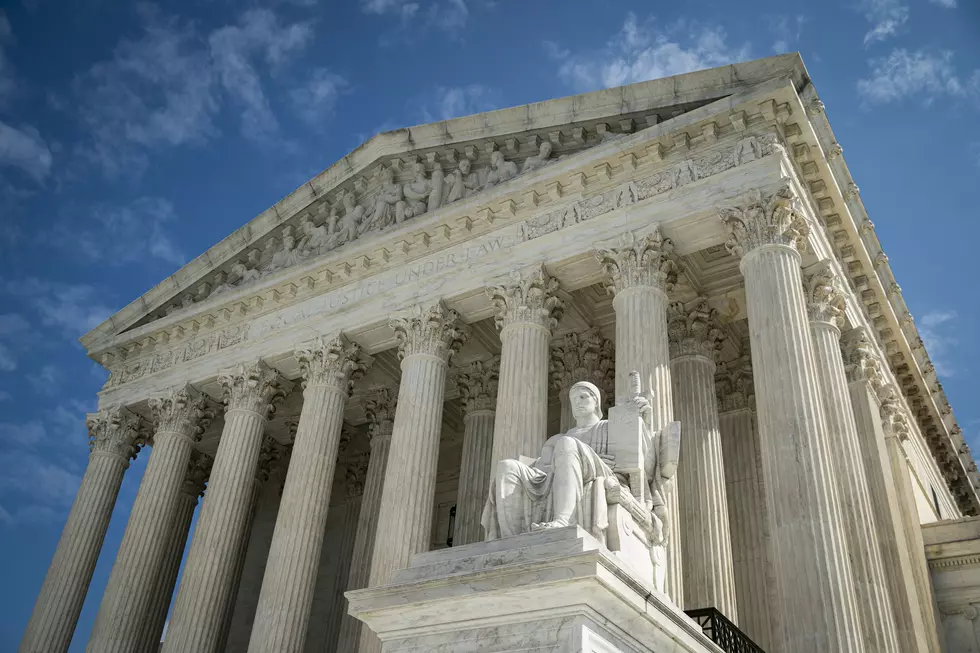![Reform or Abolish Qualified Immunity? [PHIL-OSOPHY]](http://townsquare.media/site/518/files/2020/06/GettyImages-1217205933.jpg?w=980&q=75)
Reform or Abolish Qualified Immunity? [PHIL-OSOPHY]
The killing of George Floyd by a Minneapolis police officer has reignited calls for national reforms to policing. Like the families of Ahmaud Arbery and Breonna Taylor, attorneys for George Floyd's family are calling for rolling back or abolishing "qualified immunity," created by the Supreme Court in the 1970s, that shields police and other government officials from liability in civil rights lawsuits when the illegality of their actions was not "clearly established" at the time of the offense.
A growing number say qualified immunity has become one of the chief ways in which law enforcement avoids accountability for misconduct. Ordinary people aren't afforded this shield, and neither are doctors, lawyers or construction workers, who are expected to follow the law. In the weeks ahead, I'll write more about qualified immunity, but for this article, the issue of amending or ending this legal doctrine has resurfaced with state and federal legislators.
People from left-leaning Justice Sotomayor to the Supreme Court's most conservative member, Justice Clarence Thomas, have real concerns about police impunity. In the Supreme Court's own words, qualified immunity protects "all but the plainly incompetent or those who knowingly violate the law." It's under this rule that officers can, without worry, kill someone with protections.
Ending qualified immunity wouldn't end police brutality, but it would put police departments and individual officers on notice that they can no longer brazenly injure or kill someone without punishment.
Before now, the court has been reluctant to second guess police. I think that's about to change.
Phil Paleologos is the host of The Phil Paleologos Show on 1420 WBSM New Bedford. He can be heard weekdays from 6 a.m. to 10 a.m. Contact him at phil@wbsm.com and follow him on Twitter @PhilPaleologos. The opinions expressed in this commentary are solely those of the author.

More From WBSM-AM/AM 1420
![No Police, No Peace for New Bedford [PHIL-OSOPHY]](http://townsquare.media/site/518/files/2017/01/new-bedford-police.jpg?w=980&q=75)



![Baker Should Veto Police Reform Bill [OPINION]](http://townsquare.media/site/518/files/2020/12/GettyImages-468160248.jpg?w=980&q=75)
![Thankful for Barely Surviving 2020 [OPINION]](http://townsquare.media/site/518/files/2020/11/RS42690_GettyImages-614333444-scr.jpg?w=980&q=75)


![Trump Changed the Courts While Biden Is Stuck in the Past [OPINION]](http://townsquare.media/site/518/files/2020/10/GettyImages-1276848011.jpg?w=980&q=75)
